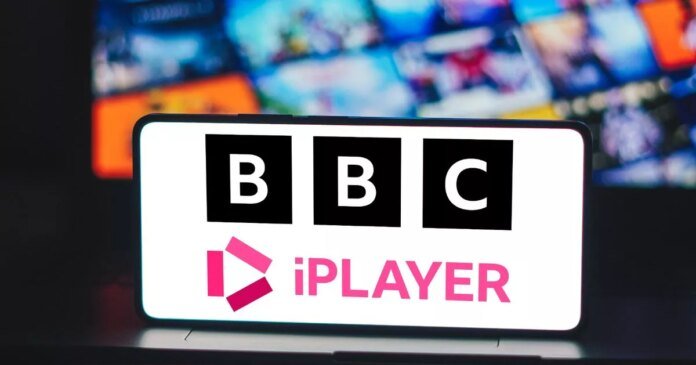Millions of households in the UK are increasingly transitioning to online streaming services over traditional methods like TV aerials and satellite dishes. Recent data from Sky indicates that their Glass TV and Stream Box, both broadband-powered devices, are leading in new sales. Additionally, the introduction of Freely, a service offering live TV via the internet, has further diversified the streaming landscape.
The convenience, vast content libraries, and straightforward DIY setup of streaming platforms have fueled a continuous surge in popularity. Nevertheless, a common frustration for viewers, especially sports enthusiasts, is the noticeable delay in live broadcasts.
Streaming services such as BBC iPlayer can have delays of up to 30-40 seconds, which is tolerable for non-time-sensitive content but disruptive for live sports events. The disparity in timing can spoil the viewing experience when external cues like messages or noises precede the delayed broadcast.
In response to this issue, Sky has already implemented updates to reduce latency on their streaming devices, significantly improving synchronicity with live events. Following suit, the BBC has acknowledged the latency challenge and is actively working on a similar solution.
The BBC has indicated that while the delay on iPlayer has decreased recently, it still lingers around 40 seconds. Recognizing the importance of low latency for live sports and events, the BBC aims to enhance the viewing experience by focusing on “low latency streaming.”
The BBC is currently developing this feature and offering iPlayer users the opportunity to test it before an official rollout. Owners of 3rd and 2nd generation Amazon Fire TV Sticks, as well as Samsung CU8000 and CU8500 TV owners, can access the iPlayer Beta experience in their settings to experience reduced lag in streams.
The initial trial phase, running on BBC Two between 9 am and 5 pm, targets viewers who have enabled ‘iPlayer beta’ in settings and set their location to England or Scotland. This trial aims to evaluate how well low latency streaming performs under real-world internet conditions, with plans to expand as confidence in the system grows.
By prioritizing viewer experience and technological advancements like low latency streaming, the BBC and other streaming providers are striving to deliver seamless and immersive content consumption for audiences worldwide.

